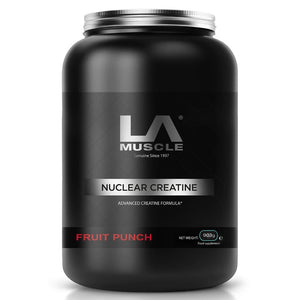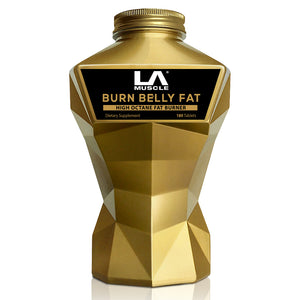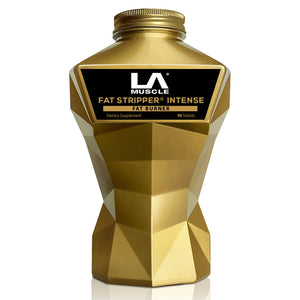
Intermittent fasting, or going without food for long periods, is proving to be one of the most effective ways to lose fat, balance blood sugar, and gain lean muscle in a short time. It is also known to activate the gene that slows down ageing.
Many who are new to intermittent fasting understand how skipping meals can help you lose fat. But they can't see how skipping meals can help you gain lean muscle since you need a calorie surplus to gain muscle mass.
For many years, fitness trainers and nutritionists have suggested eating small meals to stoke metabolism. But they have also warned against severely cutting down calories to prevent your body from activating “starvation mode” to store up fat.
Recent studies have shown that fasting does not make the body store up fat; instead, it forces the body to burn up fat. The fat burning process during fasting allows cells to adapt, and that offers health benefits and longevity.
With intermittent fasting, you worry less about your calorie intake. This makes it one of the easiest plans to follow if you want to lose fat. By simply staying away from food for a specific period each day, you do not need to track your carbs, eat calculated amounts of protein, and count calories.
The most common strategy for intermittent fasting is the 16:8 method. People who practice this method eat during a. 8 to 12-hour period and skip meals during the remaining 12 to 16 hours. For instance, you have a window between 12 pm to 8 pm to eat, and you fast the remaining 16 hours every day. During the fasting period, you can drink water, and in some cases, non-calorie beverages such as tea and coffee are acceptable.
Eating protein in non-fasting period
During the non-fasting period, you are allowed to eat most foods; this is where the quality of your meals matters. Since you are also trying to gain lean muscle, your protein consumption plays a crucial role.
Intermittent fasting involves an overall reduction of calorie intake, which forces the body to burn fat. You also tend to lose muscle mass in the process, and that is why you need to include protein in your meals. Protein will provide you with energy while keeping your calorie intake low. It also provides your body with essential amino acids to repair and increase body mass, as well as other benefits.
After the fasting period, you are probably feeling hungry, but you must fight the urge to over-indulge to prevent overeating. Rather than rushing into your meals, gradually re-introduce food every 2 to 4 hours. You can start with high-quality proteins such as yoghurt, eggs, oats and milk, etc. But if you are eating at noon, then breakfast-style meals won't do. Opt for something more suitable such as turkey wrap, tuna, and chicken salad. Some great options for night meals include baked fish, grilled chicken, tofu, and turkey.
The most important thing is to have enough protein in your meals. If you are unable to meet your protein needs through meals, then you can introduce protein supplements. Protein powders can be integrated into your meals during breakfast, afternoon meals, between meals, or after exercise. And you not only have to use your protein powders as shakes, but you can also bake them or make them into delicious recipes that you will enjoy, such as soups, adding them to the batter, yoghurt parfait, dressing, and many more.
If you are doing intermittent fasting, follow these three protein tips:
- Include a variety of animal and plant-based proteins such as seeds, nuts, poultry, eggs, meat, etc.
- Go for healthy cooking options such as baking, and do not overcook your meals
- Add protein powders such as whey and casein if your protein needs are unmet through food.
Strength training
Eating lots of protein during the non-fast period will not increase your muscle mass, so you need to engage in strength training. Strength training will bring your muscles to a point where they will tear and break down. It is during the repair process that your muscles mass will increase and become stronger and toned. To get the best results, you need to ensure that you are eating enough calories to fuel the body and rebuild muscles. If you do not consume enough calories, your body will break down muscle tissue for fuel. And you do not want that to happen since you are also trying to build muscle.
All in all, it takes a lot of discipline to balance fasting, eating protein-rich foods, and strength training. Once you accept that it will be a gradual process, you will find the patience to achieve your goals and reap long-term benefits.


























